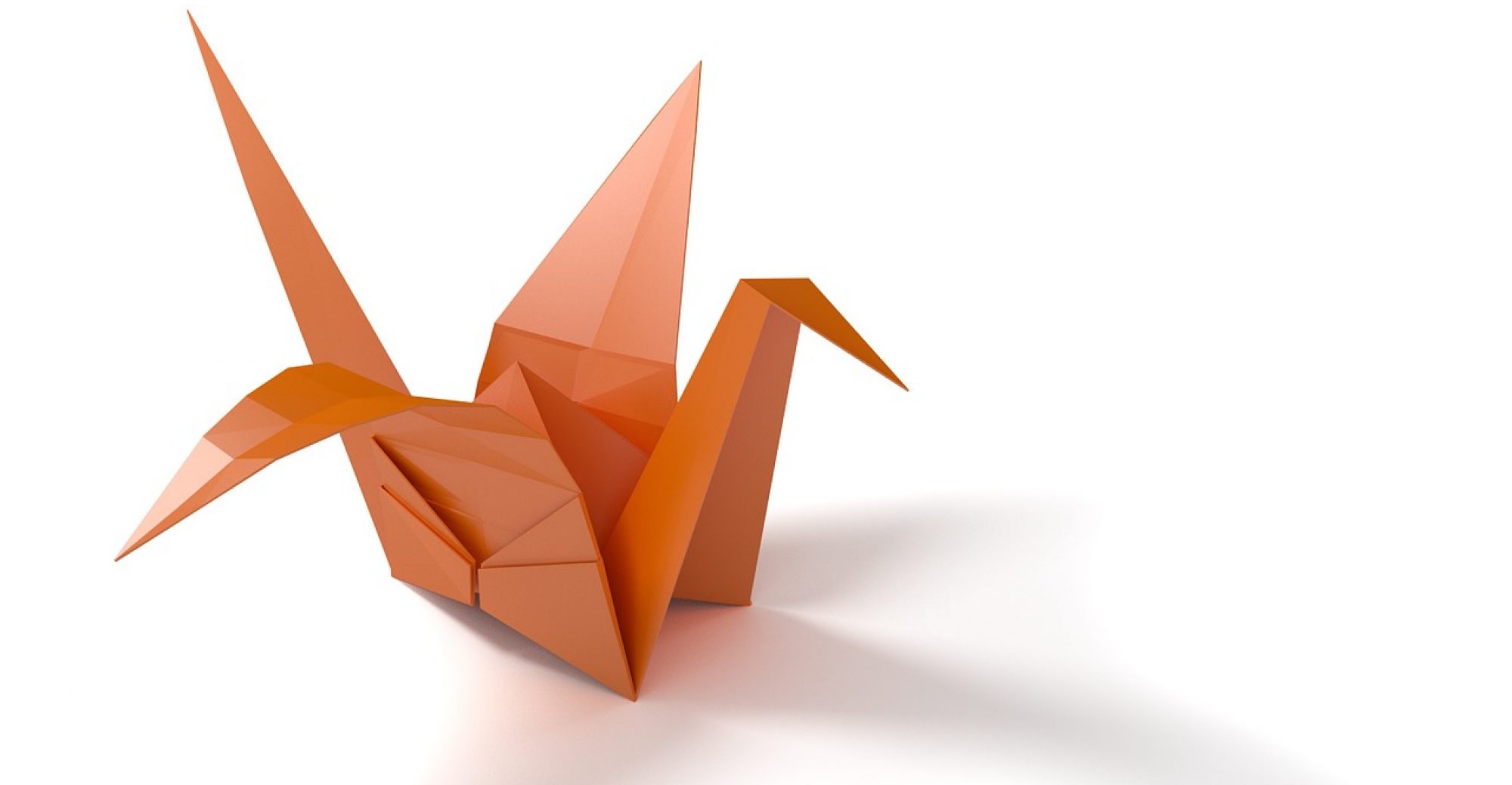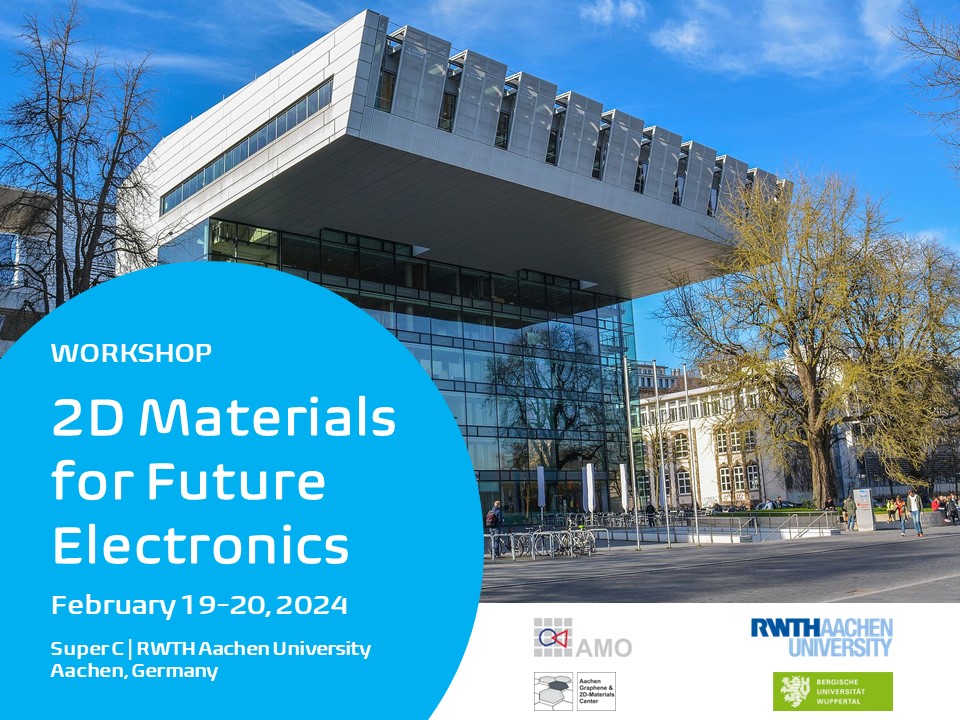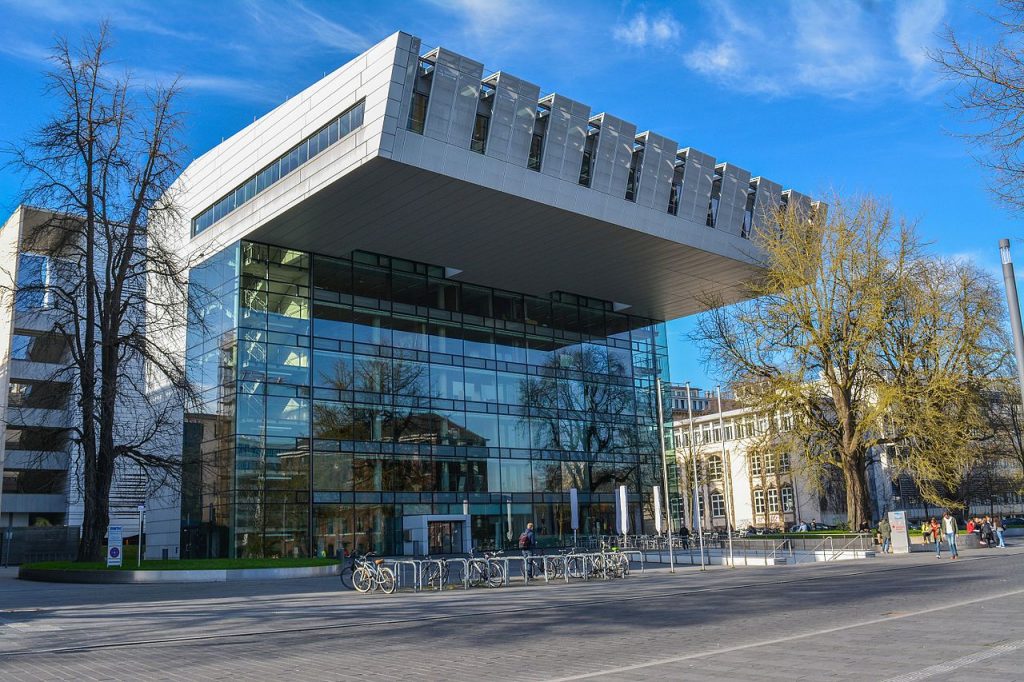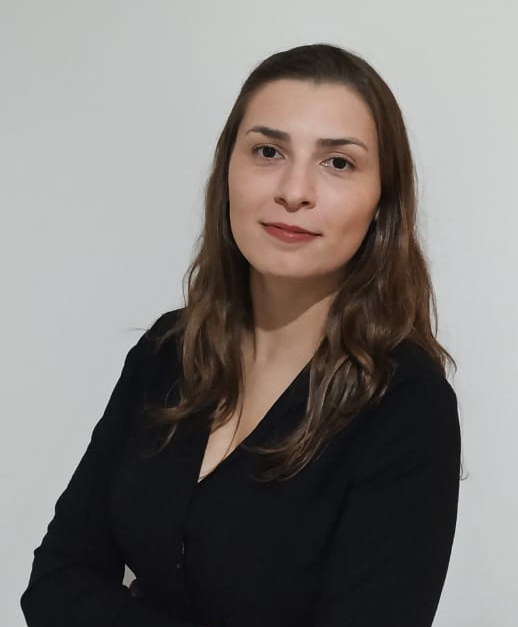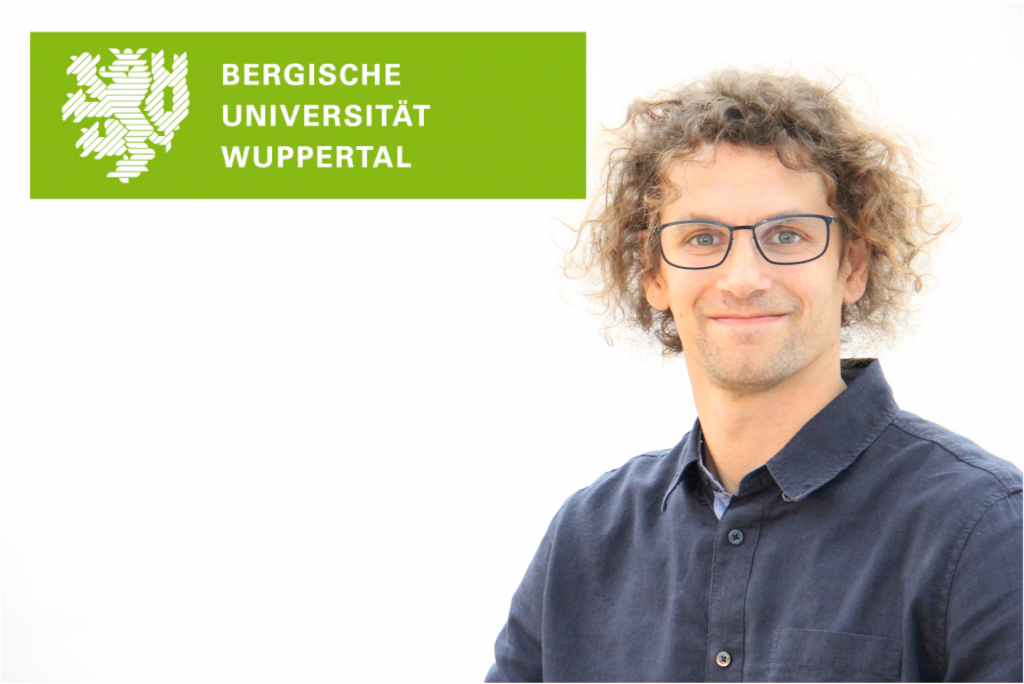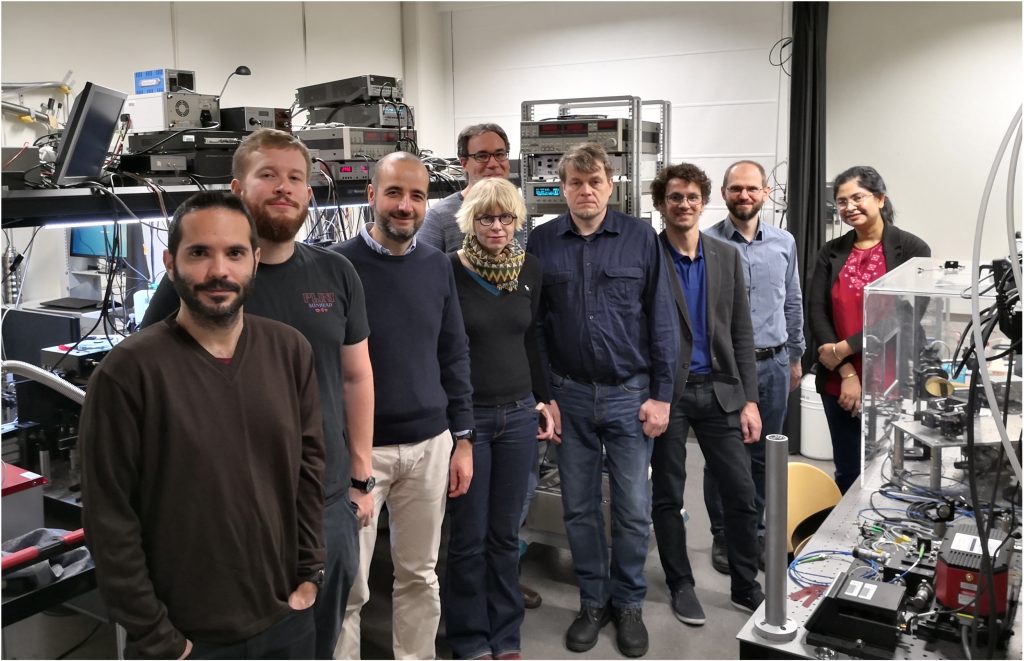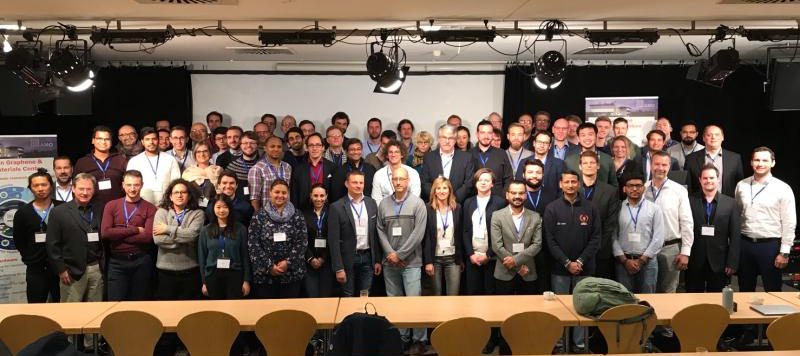Agata Piacentini and coworkers in the ORIGENAL project have demonstrated the first CMOS inverter based on transition metal dichalcogenides (TMDC) on a flexible substrate, using two distinct TMDC materials, MoS2 and WSe2.
The team has successfully fabricated NMOS FETs based on CVD-MoS2 and PMOS FETs based on MOCVD-WSe2 on a flexible foil substrate. The FETs exhibited almost mirror-symmetric transfer characteristics, as required for CMOS architecture, large ON-OFF ratio and the proper positioning of the threshold voltage, i.e., a positive voltage for NMOS and a negative voltage for PMOS. The transistors also exhibited excellent mechanical stability, with no degradation observed after 3000 bending cycles.
The CMOS inverter was realized by connecting NMOS and PMOS FETs, and showed excellent switching characteristics, including high gain, high noise margin, and low power consumption.
These results, which have been reported in physica status solidi a, outperform previous TMDC-based inverters and approach the performance of inverters based on metal oxide semiconductors and provide a solid basis for realizing more complex TMDC-based CMOS circuits in the future.
The work is the result of the collaboration between AMO GmbH, RWTH Aachen University, TU Wien, AIXTRON SE, and Bergische Universität Wuppertal, and has been financially supported by the European Commission through the Horizon 2020 Projects Graphene Flagship and ORIGENAL and by the Deutsche Deutsche Forschungsgemeinschaft (DFG, German Research Foundation) through the project MOSTFLEX.
Bibliographic information:
Flexible Complementary Metal-Oxide-Semiconductor Inverter
Based on 2D p-type WSe2 and n-type MoS2
Piacentini, A., Polyushkin, D.K., Uzlu, B., Grundmann, A., Heuken, M., Kalisch,
H., Vescan, A., Wang, Z., Lemme, M.C., Mueller, T. and Neumaier, D.
Phys. Status Solidi A 2300913. https://doi.org/10.1002/pssa.202300913
